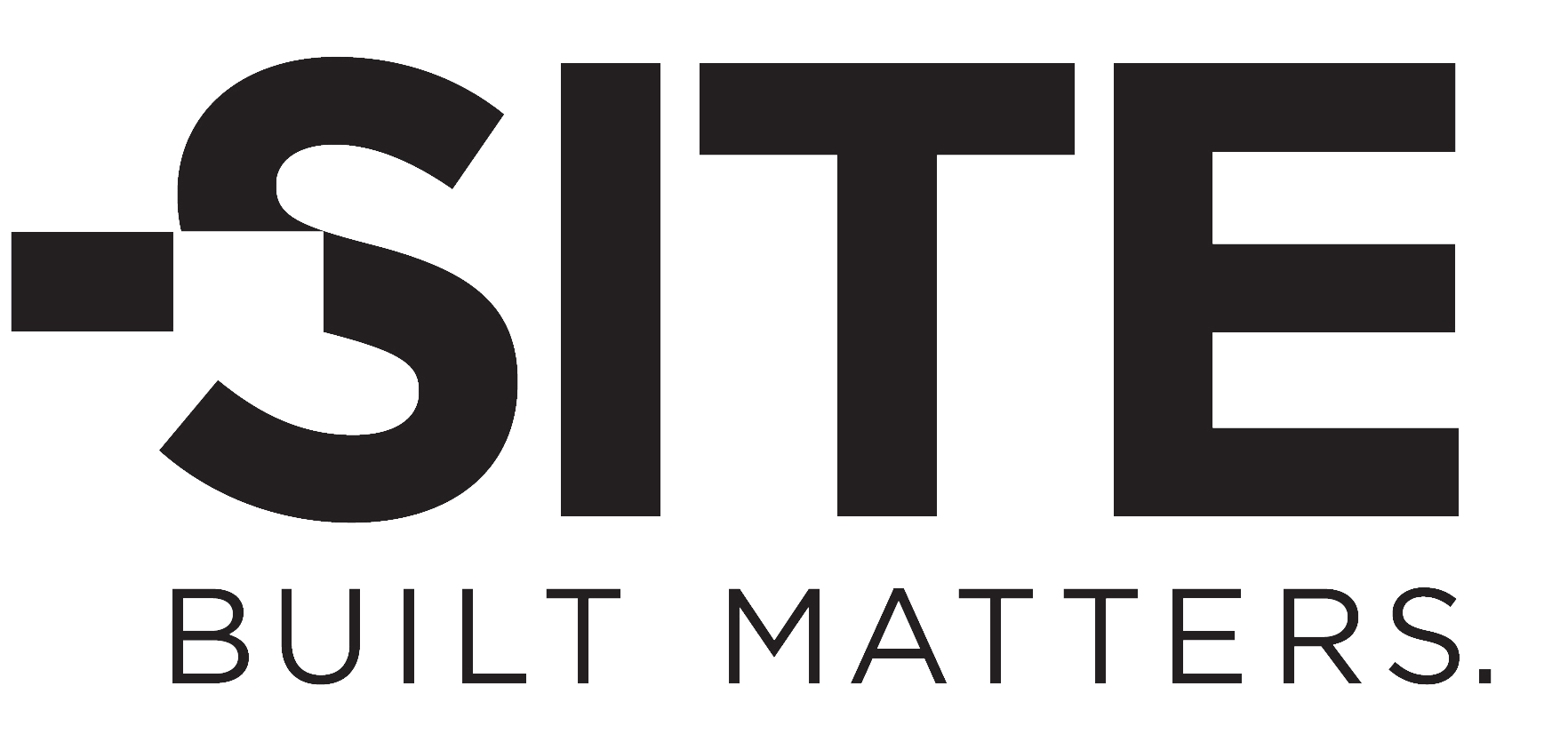PLAYING YOUR COLLECTIVE POLITICAL POSITION
Bianca Wylie // Toronto
One more way that we can support each other
Yesterday I saw a video of a man, a cab driver, being celebrated by a big circle of hospital staff. They were clapping and cheering for him. He’s been driving sick people to the hospital. He didn’t know what to do with his arms as he was celebrated. He so clearly wanted to hold someone.
These celebrations, these hero moments—they’ve been rightly contested. Not the acts—they’re beautiful—but the making of them. It’s hazardous to be deemed essential. Today I read articles about other cab drivers, about their families, their histories, their lives beyond their job, and their deaths. The memory to hold from this moment doesn’t stop at what’s being laid bare. That’s been available to know for a long time now, if justice was one of our preoccupations societally.
To that end, the thing I’d like to be able to remember, collectively, is that another way to do the clapping and cheering and crying and honking and support is government. There is celebratory potential in the persistence of these daily reminders that we appear to want to take better care of each other. And that governance—the act or process of governing or overseeing the control and direction of society—is one way to do that.
It’s always the same damn thing that terrifies me about this world—our failure of collective political obligation. Not that it’s impossible to do differently but that it’s so very possible and some of us don’t. Those who hoard power perform an interest in justice, but behind closed doors, and in the privacy of their opportunities to engage politically, they do differently. Or do nothing. Between elections. The status quo that various policy communities have been more than happy to entrench. The lack of imagination they use to keep things comfortable. The access politics that people in power use to stay close to ever more power by turning their backs on the collective.
There are many dusty levers on our state machines that need to cleared off and made more accessible. There is administrative justice that can be forced if more of us were engaging with our political machinery, playing our position. Many political leaders have gotten comfortable because they’ve stopped thinking new people might show up in the action. That it’s just a constant reshuffling of the same deck. How do we blow the dust off of our democracies and force them to bend to a more collective will—priorities of care, infrastructures that alleviate poverty and precarity?
Our political machinery and laws were built to be challenged and changed, regardless of the party that’s in power. There are ways to bring sitting politicians to answer to their better selves. That’s how government can work. It’s a public tool that’s become detached from those it could be serving better. None of this is to override or ignore the vicious violence that laws and states have done. It’s to hold two truths at once and know that these are the tools we have today and we have a responsibility to make them better tomorrow. I hope there is a memory and an understanding that the political choices some of us have made are what brought us here. To the clapping.
Author Bio:
Bianca Wylie is an open government advocate with a dual background in technology and public engagement. She is the co-founder of Digital Public, a co-founder of Tech Reset Canada and is a Senior Fellow at the Centre for International Governance Innovation.


